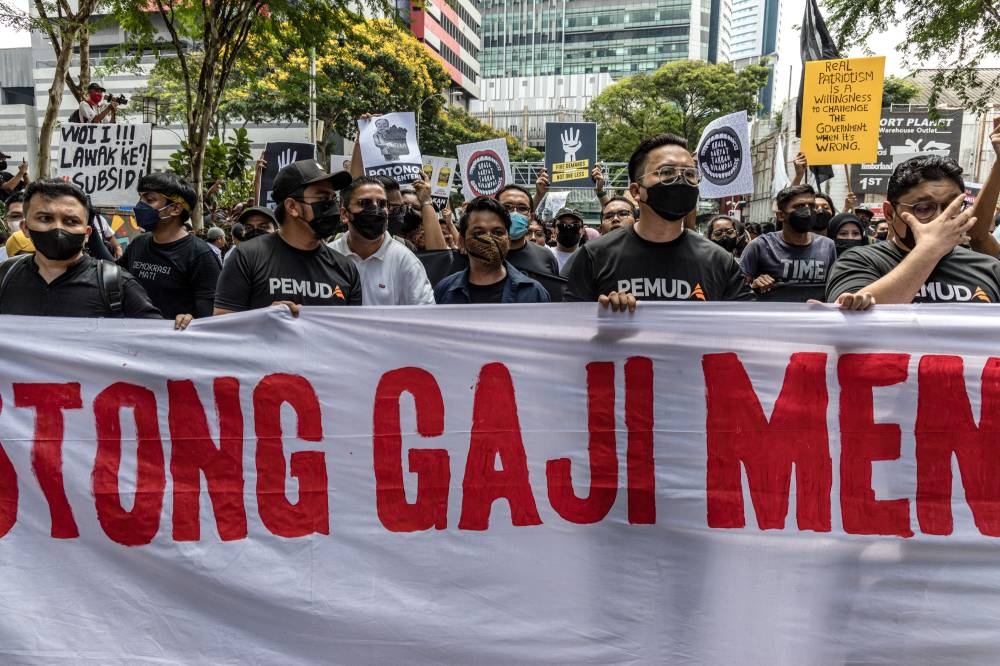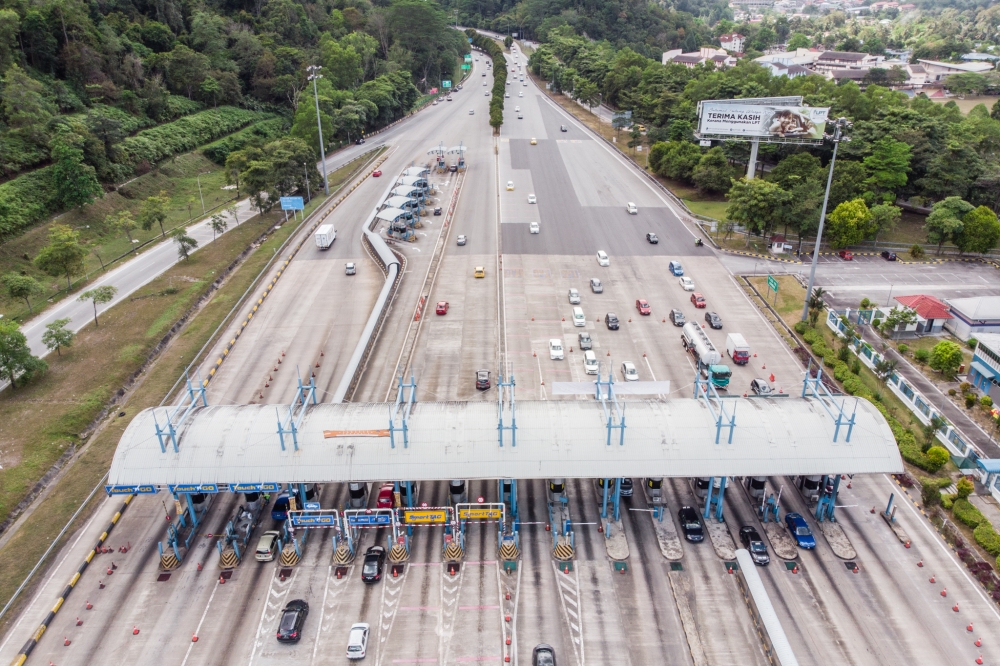KUALA LUMPUR, July 27 — PKR deputy president Rafizi Ramli has asserted today that the public's demand for Cabinet members to get their wages slashed is meant as a punishment for their perceived failures to rising costs of living.
Slamming minister Tan Sri Annuar Musa who mocked the proposal, Rafizi said the call is much lighter than what other countries' ministers would face in the same situation and was never meant as a way to reduce inflation.
"He forgot that in other countries, treatment for ministers who failed to manage the economy and troubled citizens were given harsher punishments than just pay cuts. Some were fired, some were charged, and some were jailed.
"The insistence that ministers take a pay cut is not to reduce the price of goods. It is a symbol of the people's wishes regarding a number of issues related to the current crisis of rising goods," Rafizi said in a statement here.
Rafizi said that citizens wanting a pay cut for the Cabinet are a signal that the ministers' have failed to carry out their duties of managing the economy, leading to uncontrolled price hikes in goods and a heavier burden on the public's shoulders.
He added that the move would be a form of solidarity and sensitivity by the ministers to the public who are experiencing hardship from a rising cost of living and signal that they are not exempted from it.
"I hope that more community leaders and the public continue to insist that ministers take a pay cut to rebuke the cockiness of ministers like Annuar Musa.
"Otherwise, they will just chair committee after committee which takes months before any concrete decision is made. Once a decision is made, it takes months to implement the decision. When the decision is to be implemented, another committee is established to study the same problem.
"This madness needs to stop. It is only through the people's insistence that it hits the ministers' pockets, then they feel the urgency to take action more quickly," Rafizi said.
Earlier this week, Annuar questioned the popular demand for Cabinet members to take a pay cut in solidarity with the public who are facing rising costs of living.
Instead, the chairman of the task force inflation said there is no country that manages to lower its inflation level and keep the prices of goods low with such a move.
Malaysians have continued to air their frustration with the rising cost of living and the lack of action by the government to handle it, leading to calls for ministers to take a pay cut and channel the savings to the public.
The #PotongGajiMenteri hashtag was trending on Twitter, with many asking for the ministers to empathise with the people's plight and step up in taking at least a 20 per cent salary cut and reduction in allowances.
Slashing the minister's wages is also part of a student group’s demand, in two street demonstrations in Kuala Lumpur.
Under the Members of Parliament (Remuneration) Act 1980, the prime minister's monthly wage starts at RM22,826.65, his deputy RM18,170.20, a minister RM14,907.20, and a deputy minister RM8,847.65 on top of the RM16,000 monthly wage for an MP and RM11,000 for a senator.
On the other hand, Malaysia just increased its monthly minimum wage to RM1,500 on May 1, 2022.



















